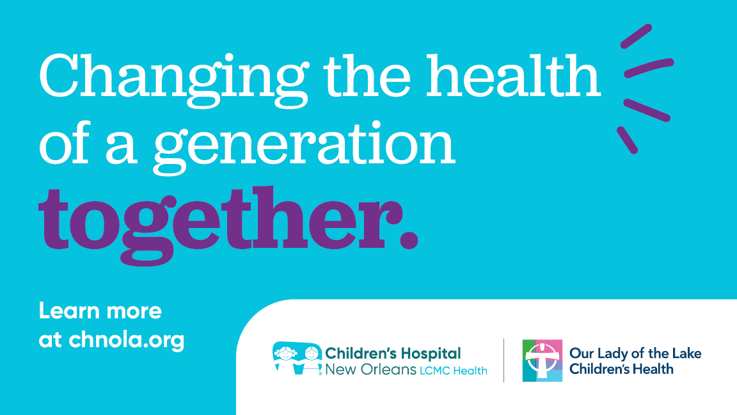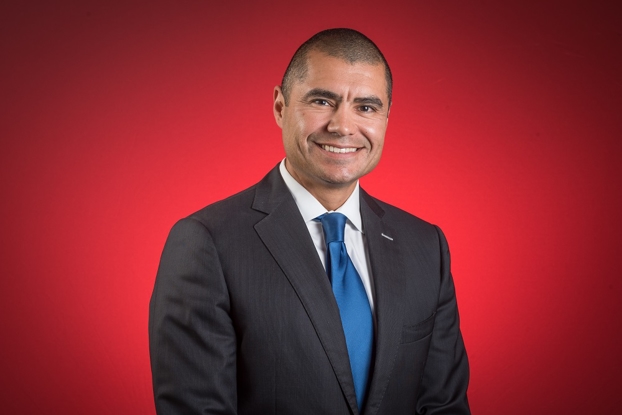Importance of early intervention as it relates to developmental delay or disabilities
- Category: General Health, Living Well, Mental Health, Parenting
- Posted on:
- Written By: Dr. Susan Fielkow, Developmental-Behavioral Pediatrician
.jpg)
School-aged children can find themselves in trouble at school. It can be hard to follow instructions, pay attention in class, and even get along with other students. While these may seem like normal behaviors of a child growing up, these signs could also point to a developmental disability, or DD, which can present in children in a variety of different ways.
Developmental disabilities impact 1 in 6 children in the United States, or in 17% of children ages 3–17 years, according to the CDC. While it’s not a rare condition, it’s one that is incredibly important to discover early in a child’s life.
“Parents may notice their children excelling in one area, like reading, but not socially interacting. We concentrate so much on the early development of motor skills that it’s easy to miss how they’re socially interacting. There’s an evolution of social communications skills. If you’re not looking for them, you may easily miss them,” says Dr. Susan Fielkow, MD, FAAP, Developmental-Behavioral Pediatrician, Children’s Hospital New Orleans.
How are developmental disabilities and delays diagnosed?
Developmental disabilities refer to a group of conditions that cause significant impairments in physical, intellectual, and/or behavioral functioning. These disabilities typically manifest in childhood and may persist throughout an individual's life.
DD can affect a child's ability to learn, communicate, interact with others, and perform activities of daily living. While some developmental disabilities can be diagnosed at birth or during early childhood, others may not become apparent until later in life.
According to the CDC, the following are considered types of developmental disabilities:
- Autism spectrum disorders (ASDs)
- Developmental delay
- Emotional disturbance
- Hearing impairment or hearing loss
- Intellectual disabilities
- Speech or language impairment
- Specific learning disability
“Early intervention is crucial in identifying and addressing developmental disabilities in children. We are getting better as a society at recognizing the signs early on, and this early recognition and early intervention is the key in optimizing outcomes,” says Dr. Fielkow.
Why is early intervention important?
Early intervention can include screening and assessment, therapy, education and training, and other types of support. Pediatricians or the child’s primary health provider are often the first to identify and address these delays and disabilities.
"Being a pediatrician is more than just making sure they’re healthy or not sick. It’s not just about medicine. The responsibility of a doctor goes beyond physical health; it’s development of mental and cognitive development. They should not be rushing through a quick physical; they need to be asking the right questions of the parents and know they’re hitting the developmental milestones. Then, when you identify a problem, you respond to it, not hope it gets better later on,” says Dr. Fielkow.
Dr. Fielkow emphasizes the importance of monitoring a child's developmental milestones. She notes that standardized questionnaires are more accurate than quick mental checkoffs in identifying developmental delays. Here are some ways early intervention can benefit children with developmental delays or disabilities:
- Maximizes developmental potential: Early intervention services aim to optimize a child's developmental potential by identifying and addressing delays or disabilities early on. Children's brains are most receptive to learning and development in the early years of life, and early intervention can help to promote healthy brain development and enhance the child's ability to learn and interact with their environment.
- Improves outcomes: Research shows that children who receive early intervention services are more likely to achieve positive outcomes in multiple areas of development, including cognitive, social, emotional, and behavioral functioning. Early intervention can also improve school readiness and academic performance, reduce the need for special education services, and increase the likelihood of employment and independent living in adulthood. Dr. Fielkow emphasizes that these delays are not necessarily permanent and that early intervention can make a significant difference in a child's development. She notes, "Just because they’re late to talk doesn’t mean they can’t catch up."
- Supports families: Early intervention services not only benefit the child but also support the family by providing education, training, and resources to help them better understand their child's needs and provide appropriate support. Early intervention can also reduce stress and improve the mental health and wellbeing of parents and caregivers.
What are the types of early intervention services?
Dr. Fielkow notes that developmental disabilities can present in a variety of ways, and it is essential to recognize when a child is experiencing developmental delays.
"If we can get in there to make those neuro connections occur or re-enforce them, the greater the opportunity for them to have a more productive life. Shedding a light is so important because we can make a difference in the development,” says Dr. Fielkow.
Early intervention services can vary depending on the child's individual needs and the nature of their developmental delay or disability. Some common types of early intervention services include:
- Developmental screening and assessment: Developmental screening and assessment are used to identify developmental delays or disabilities early on. Screening tools may include standardized tests, observations, and parent/caregiver reports. Assessment may include more comprehensive evaluations by specialists such as psychologists, speech therapists, or occupational therapists.
- Therapy: Therapy services can include physical therapy, speech therapy, occupational therapy, and behavioral therapy. These therapies can help to improve a child's physical, cognitive, and behavioral functioning and can be provided in various settings, including home, daycare, or a therapy center.
- Education and training: Education and training services can provide parents and caregivers with information, strategies, and resources to support their child's development. These services can include parent coaching, support groups, and educational workshops.
- Medical and nursing services: Medical and nursing services can provide specialized medical care and support for children with complex medical needs. These services can include nursing care, medication management, and specialized medical equipment.
During Developmental Disabilities Month, Dr. Fielkow stresses the importance of seeing the signs early by following milestones and having a great relationship with your pediatrician.
"There’s a lot of evidence that shows that early intervention makes a difference. Don’t wait. We lose a lot of time when the brain is developing


